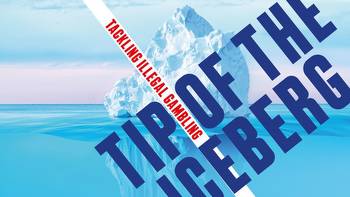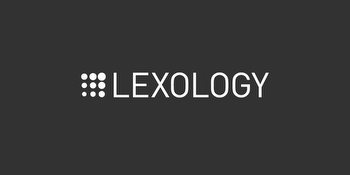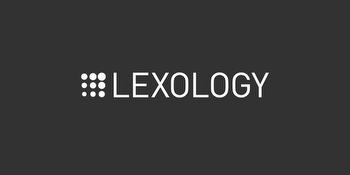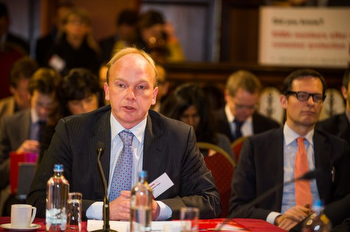Illegal gambling is a threat to the safety of EU citizens

The European Lotteries, the European Casino Association and the World Tote Association join forces to fight illegal online gambling and embrace the foreseen Digital Services Act package.
The European Lotteries Association (EL), the European Casino Association (ECA) and the World Tote Association (WoTA) welcome the European Commission’s plans to modernize the rules applicable to the online environment. As representatives of the licensed and regulated gambling industry in Europe, we cherish the same values of trust, reliability and integrity for our players. We support the right of people to enjoy and play in a nationally licensed secure gambling environment and our members work hard every day to provide this.
The Alliance represents over 150 operators in the gambling and lottery sector in Europe, where together they contribute more than 35 billion euros yearly to good causes and state budgets. Almost 1 million people are – directly and indirectly – employed by the members of the Alliance. With over 350 000 independent points of sale for lotteries and around 900 casinos across whole Europe, these operators offer a wide variety of safe, well-regulated and controlled games and channel the players to this legal and nationally licensed supply of games.
We call on everyone to support our members, to enable this significant contribution to the benefit of society to continue.
The Digital Services Act package foresees a notice-and-action mechanism. Such mechanism will enable all users to notify online intermediaries about potentially illegal online content or activities and to help the latter to react quickly and be more transparent regarding the actions taken. Our Alliance sees this as an important improvement in the fight against illegal online gambling offerings and looks forward the enforcement and implementation of these measures by the involved stakeholders to protect the interests of all EU citizens.
Illegal gambling operators offer their services online to players located in multiple EU Member States without having obtained any license in such national markets. These practices are illegal and detrimental for consumers and state budgets, as there is no mutual recognition of national licenses in the gambling sector within the EU and no sector-specific EU legislation in that field is needed.
- Do not respect the laws and regulations set up by the national regulators of the EU Member States where they provide their services
- Make it practically impossible to protect consumers and especially a vulnerable population from the risks of overconsumption
- Can enhance the emergence of social problems and crime and constitute a major problem in the fight against money laundering
- Often do not pay taxes in the national markets where their players are located and do not contribute to any public good or specific charities
- Represent an unfair and unequal competition to the nationally licensed and authorised gambling operators, threatening their legal business models and the substantial sustainable economic and social contribution they provide to EU member states.

































